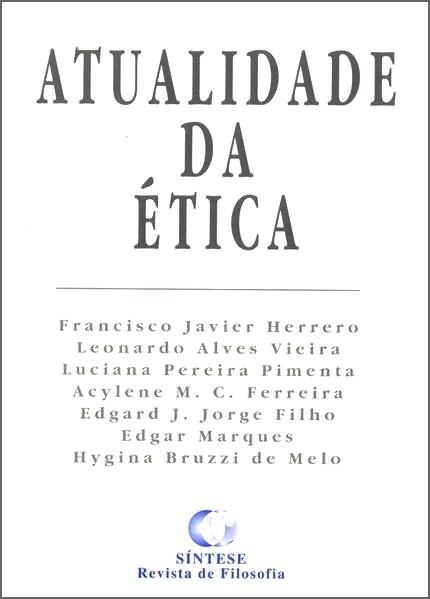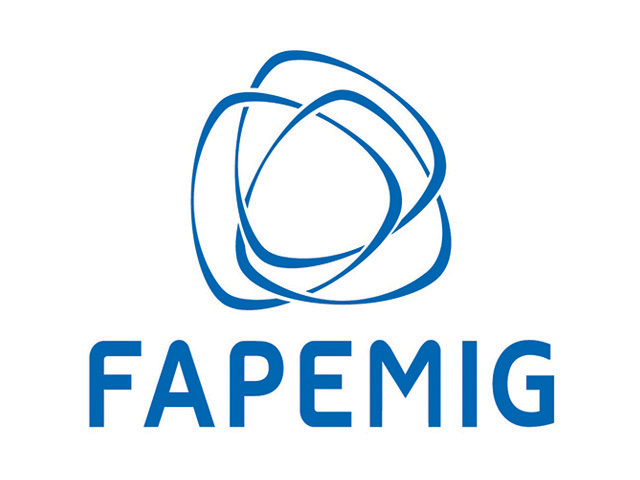FILOSOFIA PRÁTICA E INCONDICIONADO
Palavras-chave:
Filosofia Prática, Incondicionado, Schelling, Hegel, Pensamento Antigo.Resumo
A reflexão filosófica moderna sobre a práxis encontra-se diante da tarefa de encontrar um critério de incondicionalidade, capaz de servir de medida avaliadora do nosso agir moral. A lei moral em Kant e o Eu absoluto de Schelling cumprem esta função. Em ambos os modos de articular Filosofia Prática e Incondicionado já está presente uma questão que percorrerá as Filosofias dos séculos XIX e XX: a Filosofia deve começar no âmbito da finitude ou da infinitude? O desdobramento desta questão pode ser bem ilustrado na crítica de Marx à concepção hegeliana do Estado e no discurso da Biologia em sua tentativa de interpretar a experiência moral. Os esforços de Schelling e Hegel de conciliar o pensamento antigo, o qual parte da infinitude, com o pensamento moderno, cujo fundamento é a finitude, ainda continuam a desafiar-nos, pois pretendem fugir da unilateralidade de posições filosóficas antagônicas.
Abstract: The modern philosophy's thought on the praxis deals with the problem of identifying an unconditional criterium that is able to evaluate our moral acts. Kant's moral law and Schelling's absolute Self perform this role. In both Kant's and Schelling's efforts of articulating moral philosophy and unconditional principle there is already a question that involves the philosophical movements in the nineteenth and twentieth century: what is the starting point of philosophy, the finitude or infinitude? This question and its consequences can be illustrated firstly a) by the criticism that Marx addresses to Hegel's understanding of the modern State and secondly b) by the biological discourse's efforts of interpreting the moral experience. Both Schelling's and Hegel's theories of conciliating the greek and medieval thought, that is base on the infinitude as its principle, with the modern thought, whose foundation is the finitude, still challenges us, for they intend to avoid the unilaterality of these antagonistic philosophical positions.


















